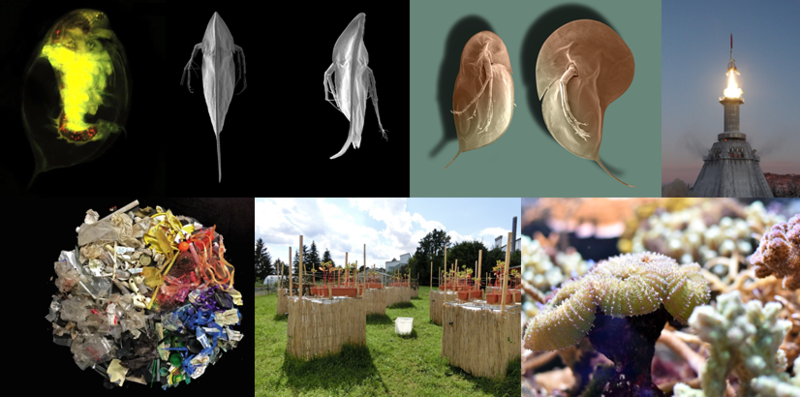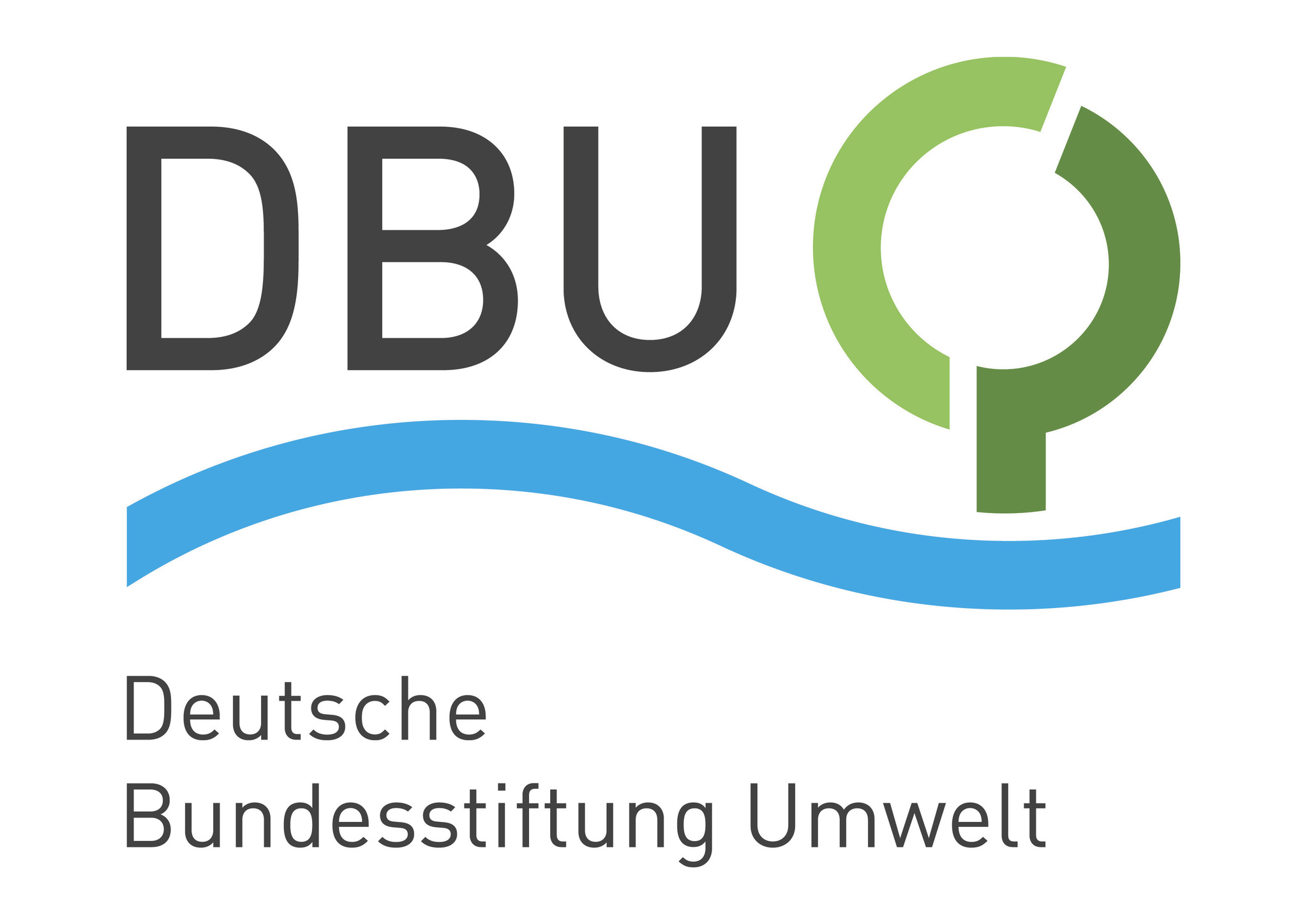Research areas of the Animal Ecology I (AG Prof. Laforsch):

Multiple Stressors in Ecosystems
Basic Research for Bioregenerative Life Support Systems
Further Projects:
▶ Impact of Impatiens glandulifera on aquatic ecosystems.
PhD-Student: Jens Diller
In this project, possible effects of the substance 2-MNQ (2-methoxy-1,4-naphthoquinone) released by I. glandulifera will be investigated at different levels of the food web using model organisms already established in research in aquatic habitats. These studies could subsequently contribute to the development of appropriate mitigation management strategies to maintain freshwaters essential to human life in a "good ecological status" in the long term, as defined by the European Water Framework Directive (WFD) and to preserve them for current and future generations.
The project is funded by the Deutsche Bundesstiftung Umwelt (DBU).

▶ Anthropogenic influence on island ecosystems
PhD Student: Sebastian Steibl
Our planet faces an ever-increasing number of environmental problems caused by the growth of human population and its land demands. One ecosystem that suffers substantially from population growth are coasts: Between 50% and 75% of the world’s population live close to coasts, thereby intensifying the anthropogenic impacts on this fragile environment and the need to better understand the consequences of ecosystem degradation. Most research thereby compare urban coastal areas with undisturbed reference systems using only single exemplified species. This approach is commonly conducted, because different human activities, which exist within the urban environment, are difficult to disentangle due to their spatial proximity. Furthermore, due to a high complexity of the analysed ecosystem, investigations based on single species are easier to realise than a holistic approach based on ecosystem-scale investigations.
In my PhD project I present a new approach to investigate anthropogenic stressors on ecosystem-level: by investigating small islands, which are either used for touristic purposes or by the local population, two different forms of anthropogenic disturbance can be analysed and compared spatially clearly separated. Furthermore, these disturbances can be analysed on a more holistic ecosystem-level, because key processes and interactions on these small islands are less complex and easier to cover in field samplings.
I am investigating whether two forms of anthropogenic disturbance have different effects (I) on the physical parameters of the habitat and the spatial distribution of organisms, (II) the food web of the ecosystem and (III) the resource availability and therefore competition between different species.
This project aims to generate a better and more holistic understanding on how ongoing human degradation of coasts influences crucial processes within coastal ecosystem.
The project is realised by cooperation with:
Naifaru Juvenile, Naifaru Island, Maldives (http://www.naifarujuvenile.org/) &
Atoll Marine Centre, Naifaru Island, Maldives (http://atollmarinecentre.com/)
The Phd project is funded by the “Studienstiftung des deutschen Volkes“ scholarship

